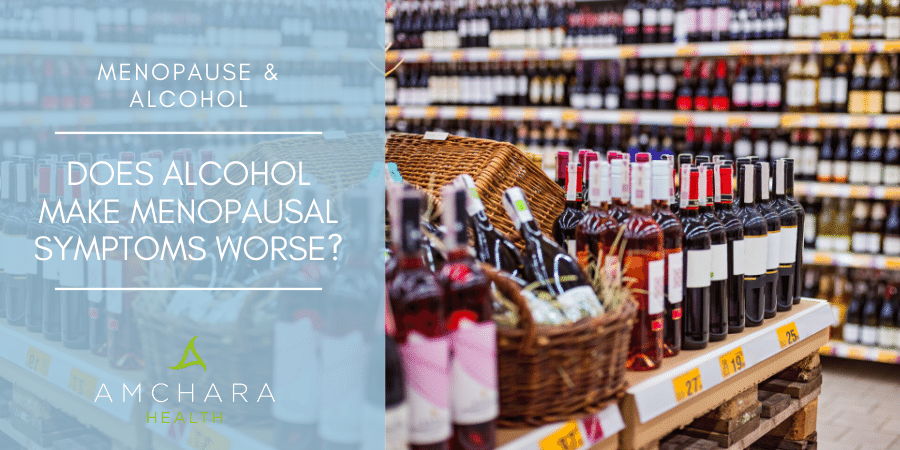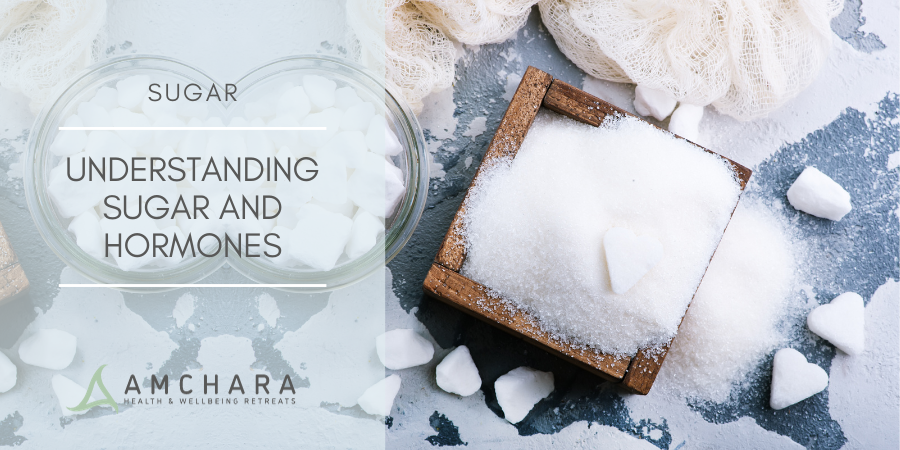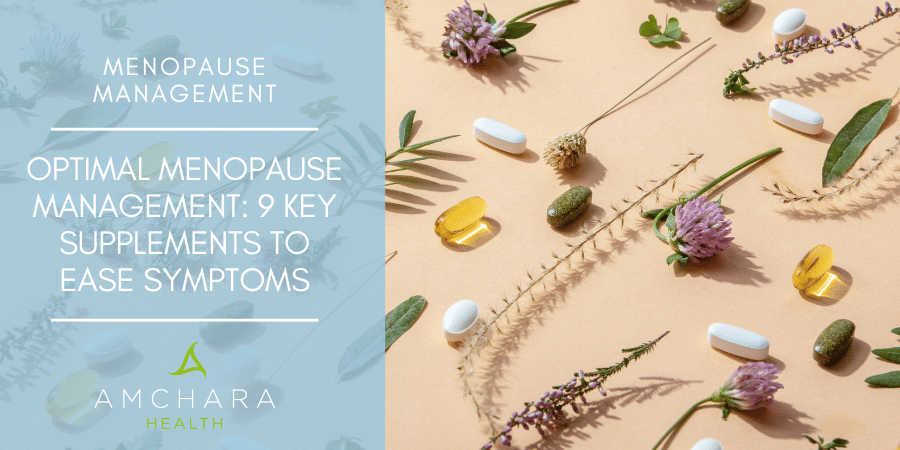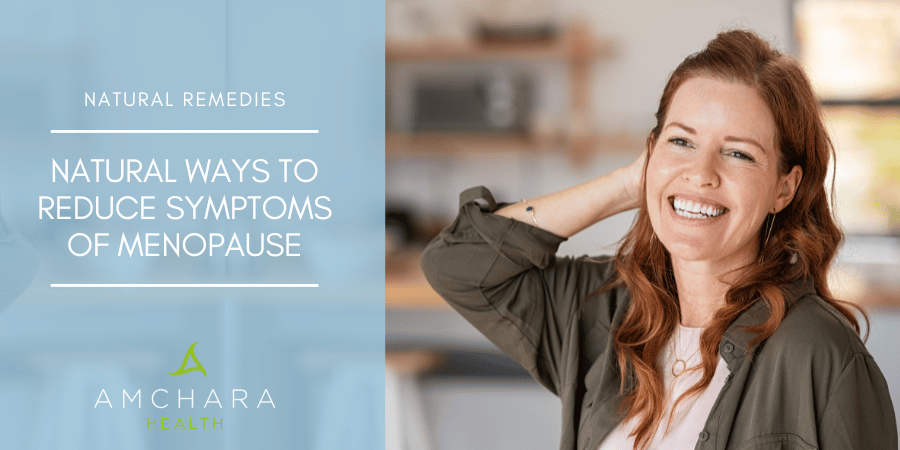The menopause is an inevitable and natural change in a woman’s reproductive life. Each and every woman will experience the menopause in an individual way and this so called reproductive ageing may bring a variety of symptoms.
A number of factors can influence the progression and severity of menopausal symptoms.
We’re dedicated to providing you with both insightful information and evidence-based content and in this article we take a look at how alcohol can impact the menopause.
The menopause
The menopause signifies the end of reproductive function – technically, the term menopause denotes a full 12 months without a period. The run up to the cessation of periods is called the perimenopause and is often a gradual process that can begin up to ten years before periods actually stop.
Sometimes the term menopause is used to describe changes that occur during the perimenopausal stage. The perimenopausal stage itself brings several physical and psychological symptoms. For some women these can be mild and for others they may interfere with daily life. Many women experience mild psychological changes first and there may be an increase in irritability and anxiety.
Common symptoms associated with menopausal changes include:
- Aching joints and muscles
- Fatigue
- Mood alterations
- Disrupted sleep
- Headaches
- Hot flushes
- Night sweats
- Hair loss
- Memory and concentration problems
Factors influencing menopause
How the menopause is experienced is very individual and some women may be more susceptible to changes. Studies indicate that ethnicity and socio-economic status can influence menopausal symptoms, and African American women may experience more symptoms than Caucasians (1).
In some societies women seem to sail through the menopause with no adverse symptoms; Japanese and Chinese women report the least menopausal symptoms.
Lifestyle factors can play a large role in how a woman experiences the menopause and smoking, obesity and a sedentary lifestyle may exacerbate symptoms (2).
Other factors known to influence progression through the menopause include stress and food choices. Alcohol intake may change in mid-life, for a variety of reasons, and evidence is now indicating why addressing, and reducing, alcohol intake in the run up to the menopause and beyond may be beneficial.
Why are menopausal women more susceptible to the effects of alcohol?
Women are generally smaller in size than men and generally carry a higher proportion of body fat compared to men (3). These factors can both contribute to alcohol tolerance, and a woman who drinks the same number of units as a man may have a higher blood alcohol level.
Women also typically have a lower level of dehydrogenase enzymes required to break down alcohol, meaning it remains in circulation in the body for longer (4).
Alcohol tolerance is reduced during the ageing process and women in the perimenopausal stage may be particularly vulnerable to the effects of alcohol.
How alcohol influences symptoms of the menopause
- Liver health
The liver is not only responsible for the breakdown of toxins like alcohol but also the clearance of hormones such as oestrogens and toxins, including xenoestrogens found in plastics, pesticides, toiletries and cosmetics.
Excessive alcohol intake can tax the liver and affect detoxification pathways involved in female hormone regulation. As hormone balance is related to the onset of symptoms, alcohol may contribute to common symptoms seen during the menopausal period.
- Adrenals
Once ovarian function starts to decline, the adrenals take over production of female hormones. They are also responsible for producing testosterone and stress hormones like cortisol and adrenaline, and maintaining healthy adrenal function is vital for a healthy menopause.
Alcohol is known to disrupt adrenal function, through activation of the stress response system. In animal models alcohol is seen to trigger a cascade of hormonal alterations, leading to an increase in the production of stress hormones, including cortisol (5). Focusing on stress hormone production may influence the adrenals’ ability to synthesise reproductive hormones.
Perimenopause and menopause come at a time of life that can involve a lot of change. Work/life balance may change, older children may leave the nest, there may be altered roles and relationships due to ageing relatives or marital changes, and it can be a time for self-rediscovery. This can bring many emotions and stress levels may rise, further impacting hormone balance, and contributing to psychological and physical symptoms.
- Mental health
Mood alterations occur more frequently in women than in men and can be as high as three times more common (6). The risk of depression for women is especially high in the perimenopausal period (7), and this risk is further elevated if there is an existing history of previous episodes of depression.
Alcohol is known to play a role in the development of depression (8) and during the perimenopausal period a woman may be more susceptible to the depressive effects of alcohol. It can be common to find relief from stress, anxiety and depression through drinking alcohol and although the feel good effects seen are only temporary, the long term effects on symptoms may persist.
- Sleep
Sleep is a time for rest, regeneration, repair and cleansing – disruptions to sleep can wreak havoc on the body and mind. Alcohol can temporarily induce sleepiness but disrupts the latter half of the sleep cycle (9), resulting in excessive daytime sleepiness and a reduction in cognitive function and performance.
As fatigue, sleep disruptions and memory and concentration problems may all be associated with menopause, alcohol can exacerbate these symptoms and negatively affect management of menopausal symptoms.
- Weight management
Alcohol contains more calories per gram than both carbohydrates and protein. These are often referred to as ‘empty calories’, meaning they have no nutritional value. Weight gain during the menopausal period is common and women often find themselves gaining fat around the middle.
Alcohol contributes to weight gain, and a higher BMI is associated with more frequent menopausal symptoms such as hot flushes (10). Studies show weight loss in overweight or obese women experiencing hot flushes improves symptoms (11).
Menopausal women are also at higher risk of cardiovascular disease, and being overweight further increases this risk. Addressing alcohol intake can cut calorie intake and aid weight management.
- Menopausal symptoms
An increased intake of alcohol is known to trigger certain menopausal symptoms, and hot flushes and night sweats often increase after drinking alcohol (12) which may be partly due to the fact that alcohol influences body temperature.
Alcohol can also contribute to anxiety. An often misunderstood symptom of menopause, anxiety can be one of the first symptoms of hormonal changes. Abstaining from alcohol may help with anxiety levels.
Takeaway
Evidence is showing that an increased alcohol intake during the menopause may worsen symptoms.
As each woman is an individual, the impact of alcohol can vary according to factors including genetics, liver health, stress levels and nutrient intake. For some women, one standard drink a day may be tolerated whilst for others this may be too much.
If you would like to understand more about your individual response to alcohol, a 1-2-1 consultation with a Personalised Health practitioner can guide you with regard to how you metabolise alcohol and whether it is playing a role in menopausal symptoms. Using state of the art tests and functional medicine principles, a Personalised Health Practitioner can give you the tools you need to help you reach optimal health.
This doesn’t need to be the end of the article. With your help let’s continue the conversation.
Did you find this article useful?
Have you given up alcohol?
How did it affect your symptoms?
Share your thoughts and experiences below and help others to achieve a healthy menopause.
Read this next:




